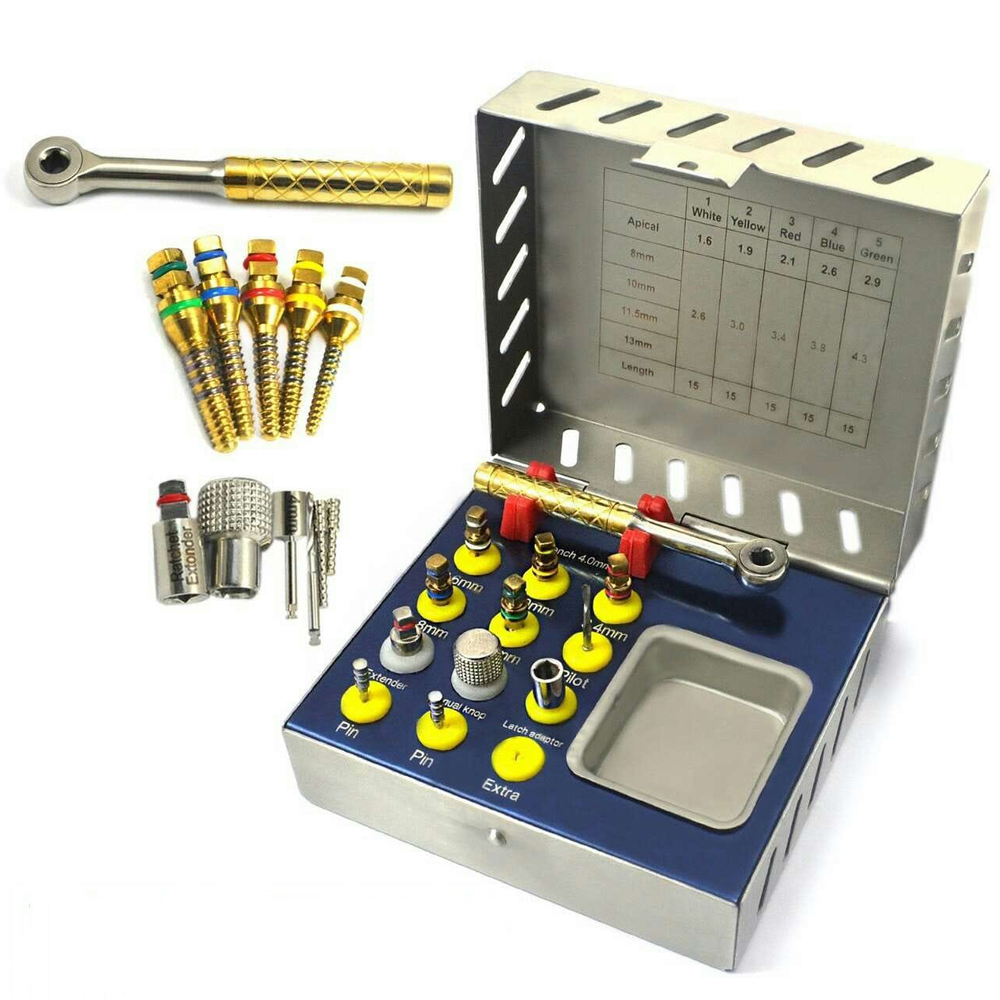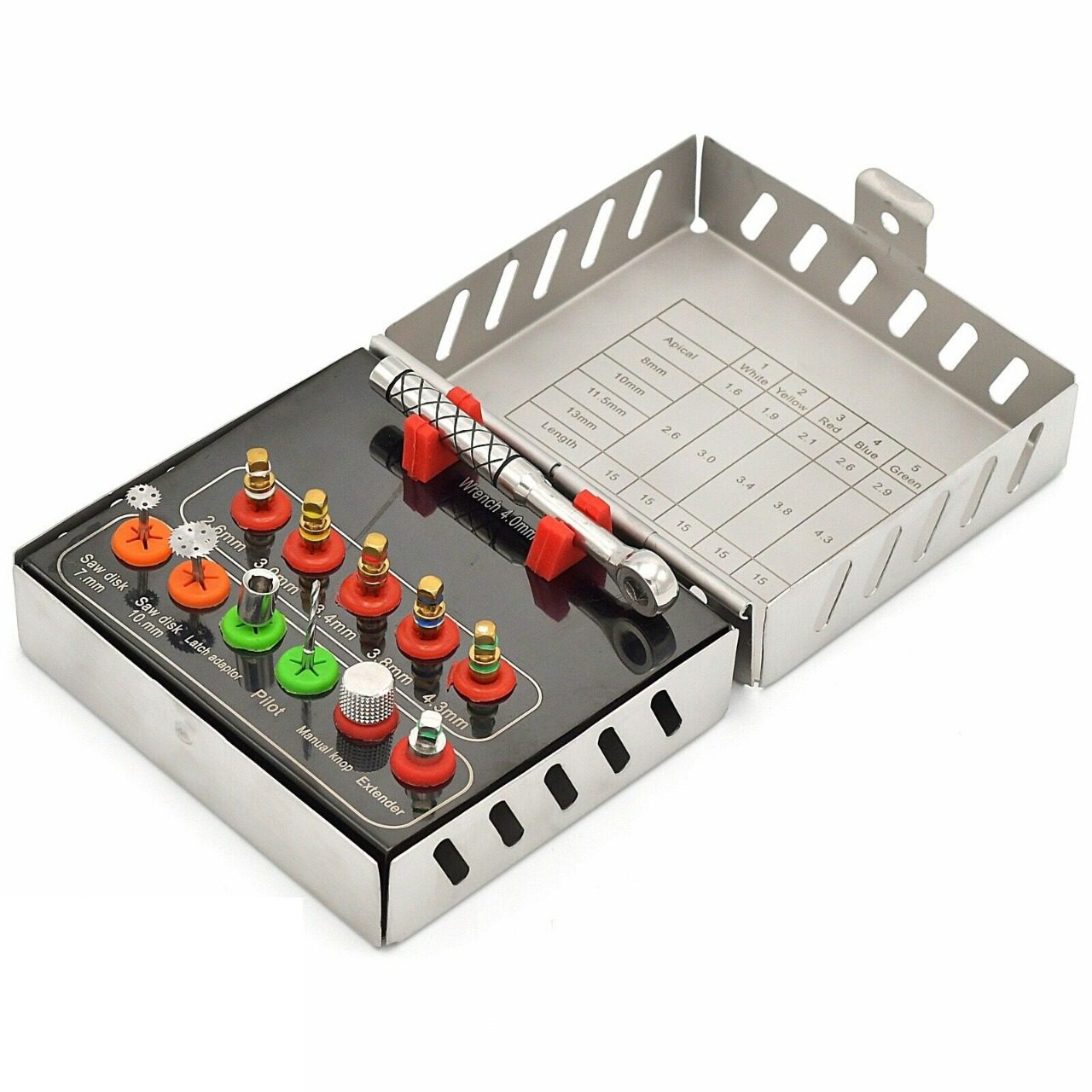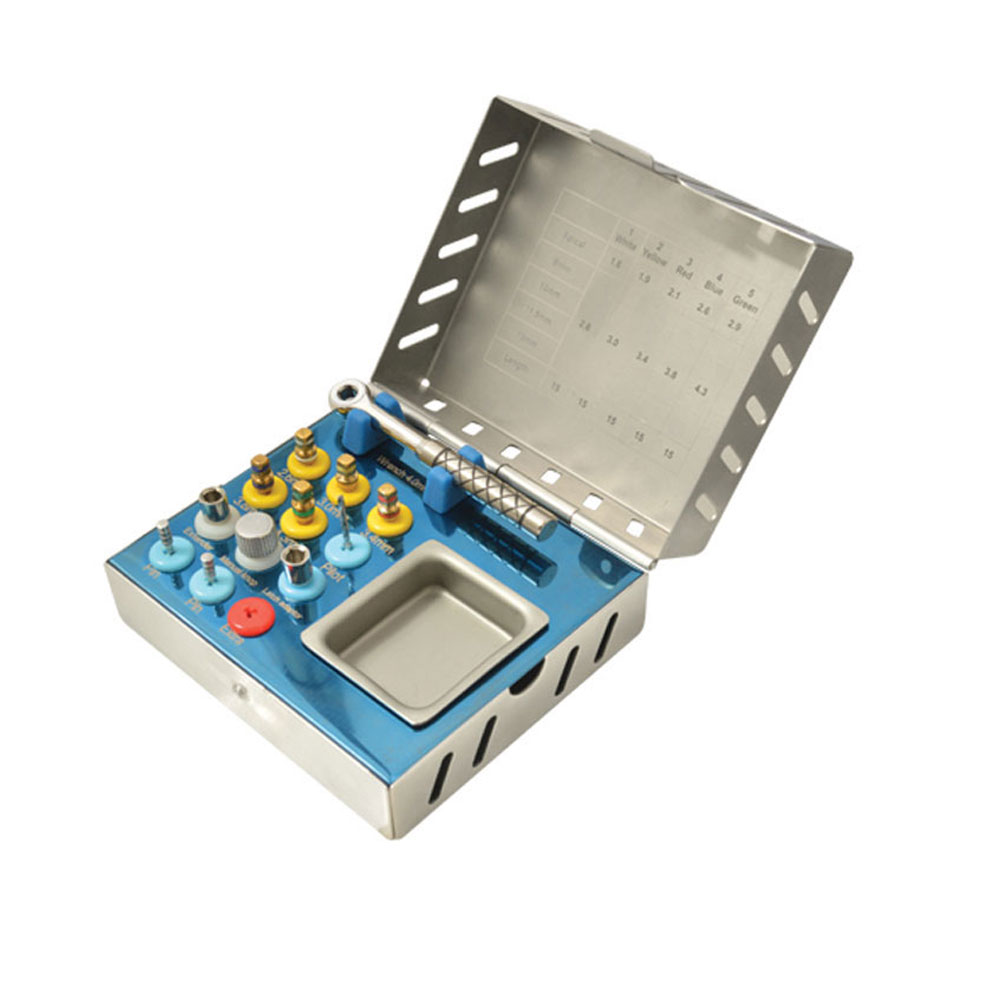High-quality orthopedic surgical instruments for surgeons and medical professionals. Get reliable and durable orthopedic surgical instruments for hospitals and clinics.
Orthopedic Surgical Instruments: A Comprehensive Overview
Orthopedic surgical instruments are specialized tools designed to aid medical professionals in performing procedures related to the musculoskeletal system. These instruments are essential for a wide range of surgeries, from joint replacements to fracture repairs.
Types of Orthopedic Surgical Instruments
-
Cutting Instruments:
- Scalpels: Used for precise incisions.
- Bone cutters and saws: Employed to cut and remove bone and tissue.
-
Retractors:
- Hold back tissue and organs, providing clear surgical access.
-
Grasping Instruments:
- Forceps, clamps, and graspers: Used to hold and manipulate tissue, bone, and implants.
-
Drilling and Tapping Instruments:
- Drills and taps: Create holes and threads in bone for screws and implants.
-
Implantation Instruments:
- Specialized tools for inserting prosthetic devices, such as joint replacements and bone plates.
-
Soft Tissue Instruments:
- Designed for repairing and reconstructing tendons, ligaments, and muscles.
Materials Used in Orthopedic Instruments
- Stainless Steel: A common choice due to its durability, corrosion resistance, and ability to withstand sterilization processes.
- Titanium: Lightweight and strong, often used for implants and certain instruments.
- Tungsten Carbide: A hard, wear-resistant material ideal for cutting edges.
Applications of Orthopedic Surgical Instruments
- Joint Replacement Surgery: Replacing damaged joints with artificial ones.
- Bone Fracture Repair: Stabilizing and repairing broken bones.
- Osteotomy: Reshaping bones to correct deformities or improve joint function.
- Soft Tissue Repair: Reconstructing damaged tendons, ligaments, and muscles.
Leading Manufacturers of Orthopedic Surgical Instruments
- Stryker
- Zimmer Biomet
- DePuy Synthes
- Smith & Nephew
Regulatory Standards and Compliance
Orthopedic surgical instruments must adhere to stringent regulatory standards to ensure safety and effectiveness:
- FDA Regulations: Compliance with FDA guidelines, including 510(k) clearance and labeling requirements.
- ISO Standards: Adherence to ISO 13485 (medical device quality management) and ISO 14630 (non-active surgical implants).
- ASTM Standards: Compliance with ASTM F983 (standard specification for orthopedic surgical instruments).
By understanding the diverse range of orthopedic surgical instruments and their applications, healthcare professionals can make informed decisions to optimize patient care and surgical outcomes.



